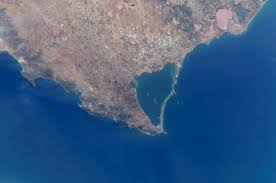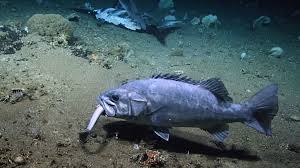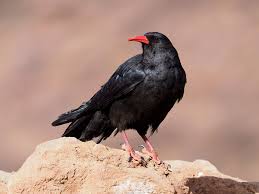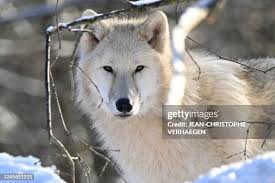
Introduction to the Mar Menor Located in the southeastern coast of Spain, the Mar Menor is the largest saltwater lagoon in Europe, covering an area of approximately 135 square kilometres. This unique ecosystem is crucial not only for its biodiversity but also for the local economy, serving as a vital resource for fishing, tourism, and

Introduction The Atlantic wreckfish (Polyprion americanus) is a fascinating species that has garnered attention for both its ecological significance and culinary appeal. Found primarily in the deep waters of the Atlantic Ocean, this robust fish has become increasingly popular among seafood enthusiasts and chefs alike. Understanding the biology, environmental challenges, and culinary uses of the

Introduction to Anemones Anemones, belonging to the phylum Cnidaria, are marine organisms renowned for their vibrant colours and dynamic habitats. They hold a significant place both in marine ecosystems and in gardens worldwide, serving as a source of fascination for marine enthusiasts and gardeners alike. With their unique characteristics and ecological roles, understanding anemones is

Introduction The red billed chough (Pyrrhocorax pyrrhocorax) is a striking bird species that has captured the attention of ornithologists and nature enthusiasts alike. Known for its glossy black plumage, bright red bill, and social behaviour, the red billed chough plays a vital role in its ecosystem, particularly in mountainous regions of Europe and Asia. This

Introduction The Pacific Ocean, the largest and deepest ocean on Earth, plays a critical role in influencing global weather patterns, supporting biodiversity, and shaping international relations. Covering more than 63 million square miles and spanning from the Arctic in the north to the Southern Ocean in the south, its vast expanse has vital implications for

Introduction to Abiotic Factors Abiotic factors are non-living chemical and physical components of the environment that affect ecosystems. Understanding these factors is crucial as they play a significant role in shaping habitats, influencing climate, and affecting the distribution and abundance of organisms. As climate change progresses, the relevance of studying abiotic factors increases, especially concerning

Introduction Ladybirds, commonly known as ladybugs in North America, are more than just colourful insects that bring charm to gardens. These small beetles are pivotal allies in maintaining ecological balance, offering significant benefits to farmers and gardeners alike. Their natural predation of pests makes them crucial for sustainable agriculture, helping reduce reliance on chemical pesticides.

Introduction Abiotic factors play a critical role in shaping ecosystems, influencing the distribution and behaviour of living organisms. These non-living components such as temperature, sunlight, water, soil and nutrients can determine the biodiversity and productivity of habitats. Understanding abiotic factors is essential for ecological research and environmental management as they are fundamental to the functionality

Introduction: The Significance of Wolves Wolves are not just majestic creatures; they play a critical role in maintaining the health of ecosystems. As apex predators, they help regulate animal populations, ultimately contributing to biodiversity and ecological stability. With growing concerns about wildlife conservation, understanding the importance of wolves becomes increasingly relevant. Wolves and Ecosystem Dynamics

Introduction Beach trees, commonly referred to as Fagus sylvatica or European beech, play a pivotal role in sustaining the biodiversity of forest ecosystems. Their presence is crucial not only for the ecological balance but also for the economy in regions where they are found. Recent studies have shed light on their contributions to carbon sequestration,